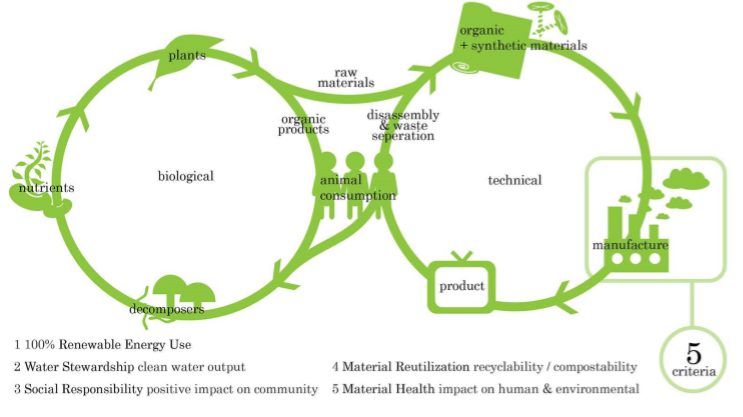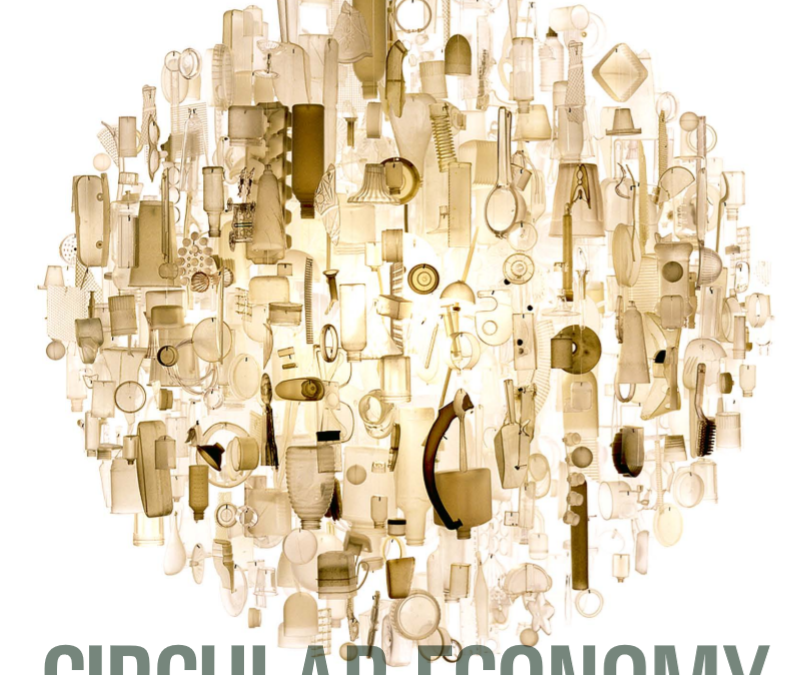Waste valorization
One of the first research lines in CARTIF was the one focused on agrofood. Optimize the manufacturing processes, develop new products, waste recovery, and extraction and isolation of natural products with biological activity from agrofood waste, are many of our work lines
Agricultural and forestry biomass were launched in Spain at the end of 90’s, and CARTIF was a pioneer centre in this field, based on first level equipment and facilities such as a pelleting pilot plant.
Crops
Ten years later, this economic sector has evolved into the search of new biomass combinations and the optimization of different forestry and agricultural species. CARTIF Biofuels Research Team is developing a few projects in this area. For instance, one project focused on to get new woody and herbaceous crops with energy purposes. To get biomass “a la carte” could be possible in a short term through the production flexibility.
Another project ongoing is developing agropellets to solve the associated risks to the agricultural biomass: high content of chlorine, higher ash content and their low temperature of fusibility. These features can produce very harmful effects on combustion systems, which impede offer guarantees about their yield, reliability and durability.
Agricultural and forestry biomass were launched in Spain at the end of 90’s, and CARTIF was a pioneer centre in this field
CARTIF has many different laboratories to complement the research works. The Biomass Laboratory, that has been running 10 years, studies the behavior of biomass and waste that exist in the Iberian Peninsula in conventional domestic boilers. These studies may determine which mixtures of native biomass are best for this type of boilers, either exclusively good for multifuel pellets, with the restrictions that may be subject.
With the results obtained will facilitate the development and implementation of biomass heating systems in homes and in the tertiary sector in a very short time.
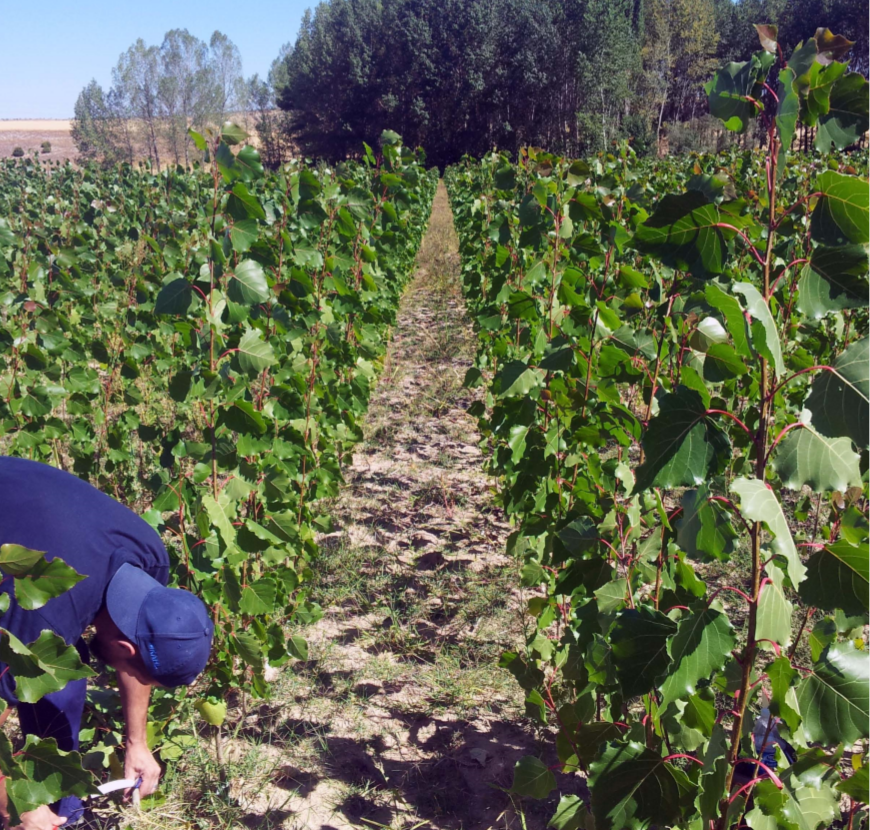
Besides, agronomic, hidric and nutritional studies are carried out in the Agroforestry Laboratory. This allows provide agronomic advice to the agriculturist who can control his crops, minimizing risk and achieving the highest possible profitability.
A key of crop control is the monitoring and nutritional screening, by measuring specific plants needs and adjusting the dose of irrigation and fertilizer. This control also entails the sustainability of the operation to remove leachate (contaminated groundwater and soil destructuring). Thus increase the productivity and yields and environmental impact is minimized. This aspect is completed with specific solutions for the valorisation (recycling) of wastes and effluents. Regardless of their source: food industry, or industrial processes, after an exhaustive characterization of waste and effluents both of them can be reused as fertilizers and fertigators.
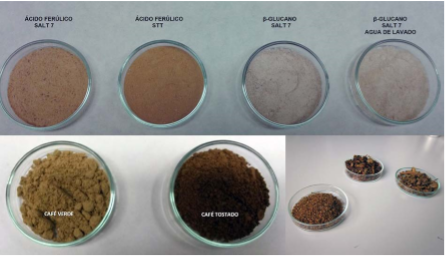
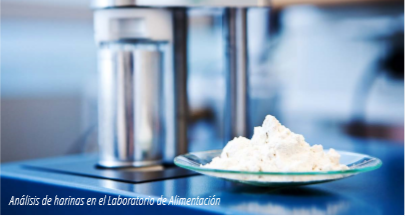
Agrofood
Rounding out the production cycle, the Agrofood research line is focused in the procurement and purification of natural compounds and their incorporation to products of high added value. In this framework, one of the more full projects developed in CARTIF over the last years is the one called DIANA, which main goal is the extraction of natural antioxidants to design new ingredients.
These antioxidants have been obtained from food like grapes, cereals, coffee and algae. From the wine polyphenols, ferulic acid from cereal and antioxidants from coffee and algae, new ingredients have been designed and their effectiveness have been studied on different matrix meats food, dairy, animal feed, pasta, coffee, flour and beverages and soft drinks. After four years of researching in collaboration with renowned companies, the conservative effect of their active ingredients obtained has been evaluated; improving the food microbiological stability and nutritionalfunctional effect.
Again, the Agrofood Laboratory has had a relevant role through its specialized units such as Biotechnology Unit, and the wide range of equipment available.
The FUNGIFAR project works on the same line, and is developing a complete process of extraction, purification and stabilization of active ingredients derived from medicinal mushrooms for evaluation as antioxidant and immunomodulatory compounds and their antioxidant, cardiotonic and anticancer effects. This project is being carried out in collaboration with Mexico, and their native species are under study.
To complete this production process are other possible improvement. To get an energy efficient facilities, the right sustainable management of waste and the best manufacturing processes, are the objectives of other ongoing projects.
One of the most significant is the one called NUTRI-E, which main goal is achieve energy efficiency in the processes of Cook & Chill Cooking The importance of this aspect is the major energy inputs needed for both cooking food as for cooling, ensuring the conservation of dishes. About to finish, has gotten a kitchen energy-efficient prototype, marketable and exportable.
Summarizing; the main research lines of CARTIF in Agrofood and Biofuels works in the framework of the food and drink circular economy cycle: fertilizer/seeds-agriculturemanufacturing-retail-use-collection-AD/ composting-and agriculture again.
With this kind of projects, we contribute to build a more efficient circular economy, to deliver a more competitive industry and sustainable growth.
